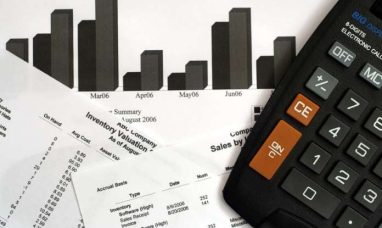South Korea is gearing up to lift its long-standing ban on short-selling, a move that is expected to have significant ramifications for the nation’s financial markets. Initially imposed during periods of extreme market volatility, the ban has been a point of contention among investors and regulators alike.
Short-selling, a trading strategy where investors sell borrowed shares in anticipation of buying them back at a lower price, has been restricted in South Korea since the global financial crisis of 2008. The practice was further curtailed during the COVID-19 pandemic to stabilize the markets. However, critics argue that the ban has stifled market efficiency and liquidity.
The Financial Services Commission (FSC) of South Korea has announced that the ban will be lifted in phases, starting with the most liquid stocks. This decision comes after extensive consultations with market participants and a thorough review of the market conditions. The FSC believes that reintroducing short-selling will enhance market sophistication and align South Korea with global trading practices.
The lifting of the ban is also seen as a move to attract foreign investment. International investors have long been critical of the short-selling restrictions, arguing that they limit their ability to hedge positions and manage risk effectively. By removing these barriers, South Korea aims to make its markets more attractive to global investors.
However, the decision is not without controversy. Some local investors and market analysts fear that the reintroduction of short-selling could lead to increased market volatility and potential manipulation. To mitigate these risks, the FSC plans to implement stricter monitoring and regulatory measures.
Moreover, educational initiatives will be launched to help retail investors understand the mechanics and risks associated with short-selling. This aims to ensure a smoother transition and broader acceptance of the practice among all market participants.
In conclusion, South Korea’s decision to end the short-selling ban marks a significant shift in its market policy. While it promises to bring greater market efficiency and attract foreign investment, it also requires careful implementation to avoid potential pitfalls. The coming months will be crucial in determining the success of this policy change and its impact on South Korea’s financial markets.
Footnotes:
- South Korea’s Financial Services Commission (FSC) has been the main regulatory body overseeing the short-selling ban. Source.
- The short-selling restrictions were further tightened during the COVID-19 pandemic to stabilize the markets. Source.
Featured Image: Megapixl @ Jwohlfeil















